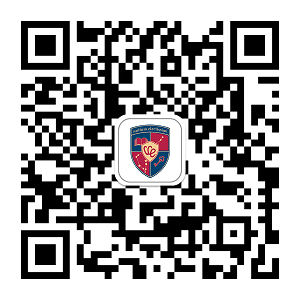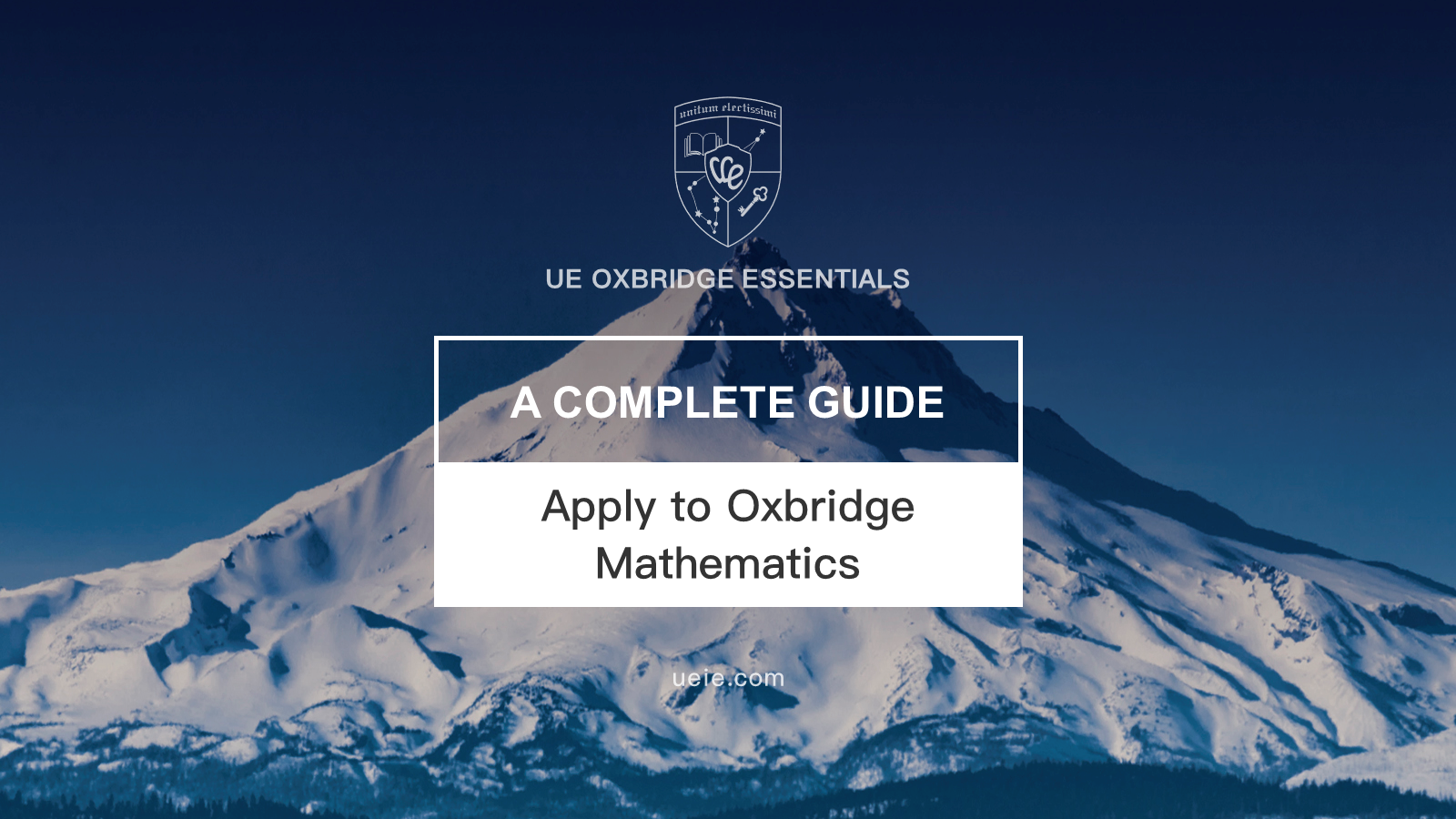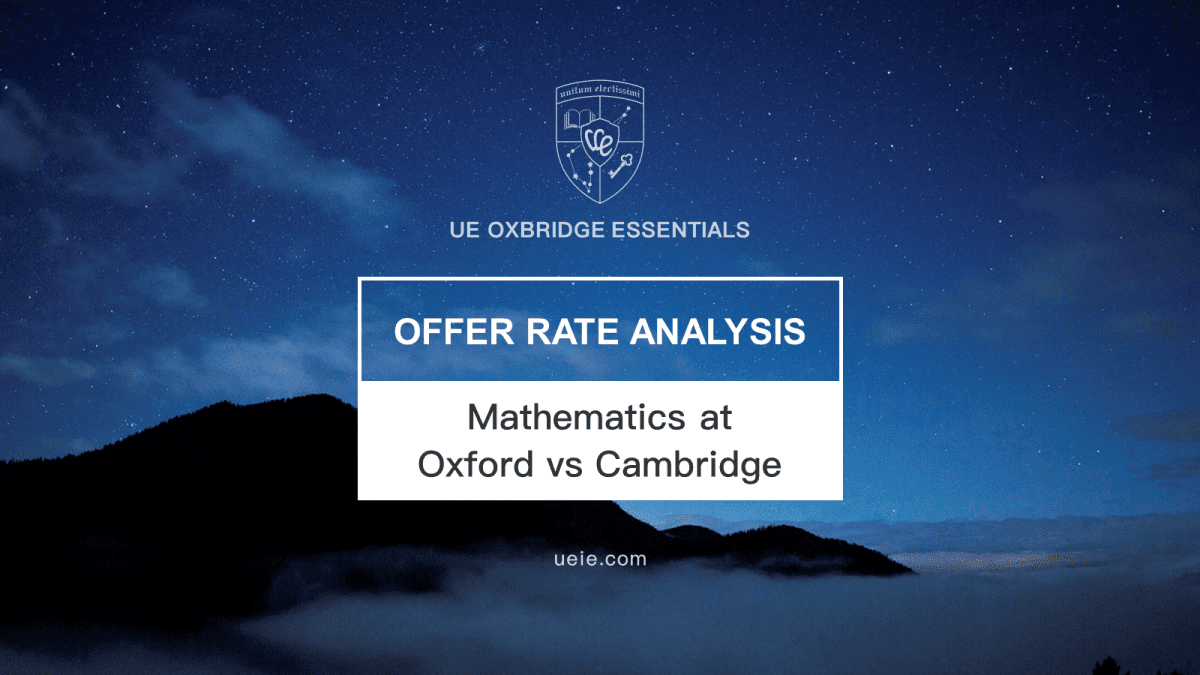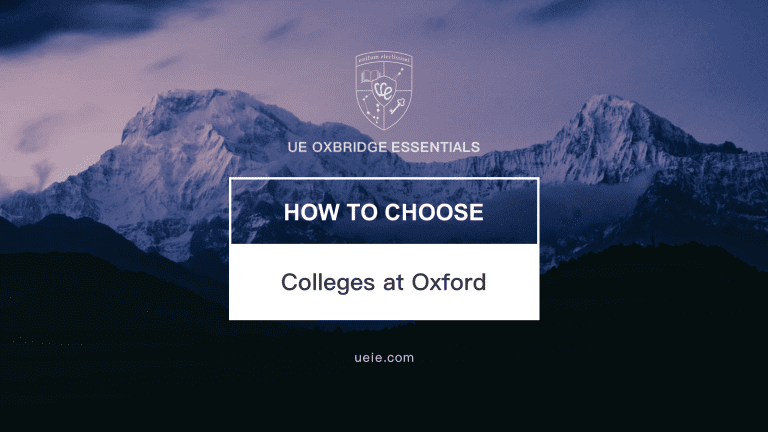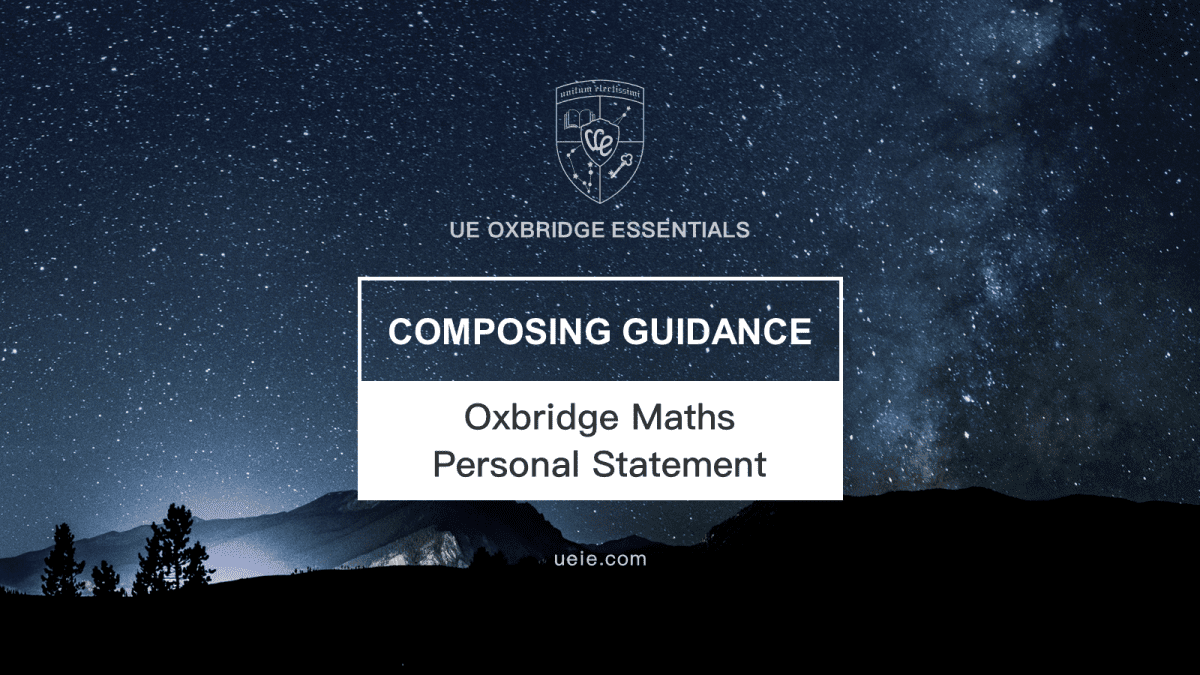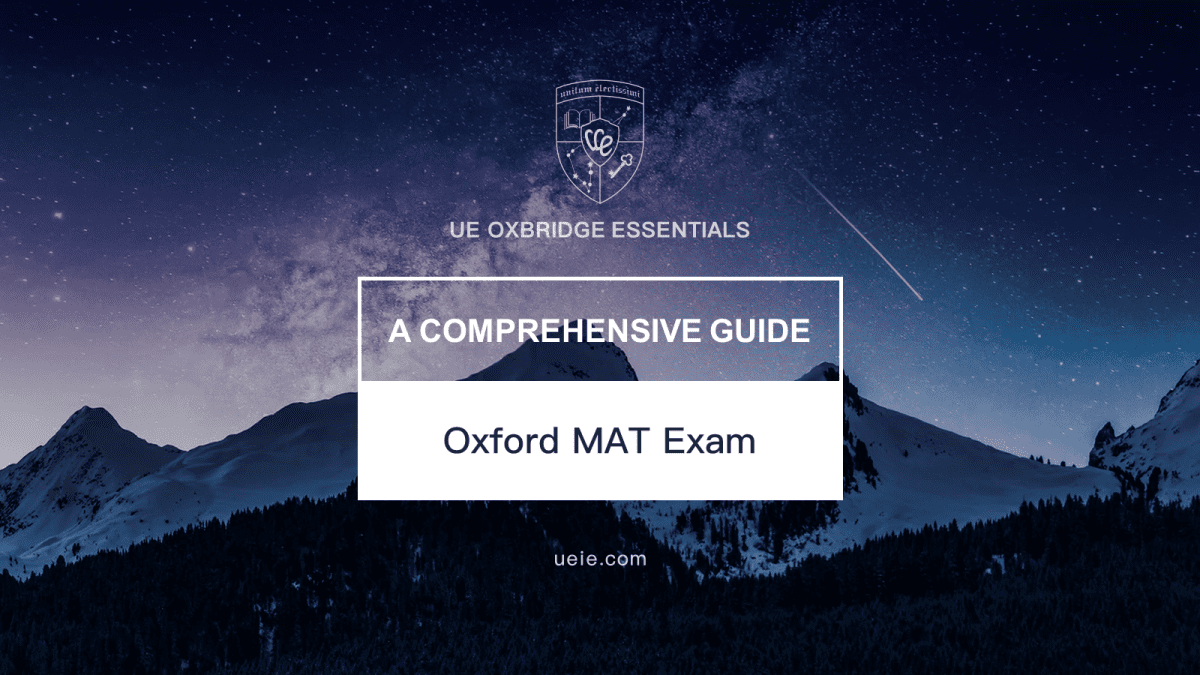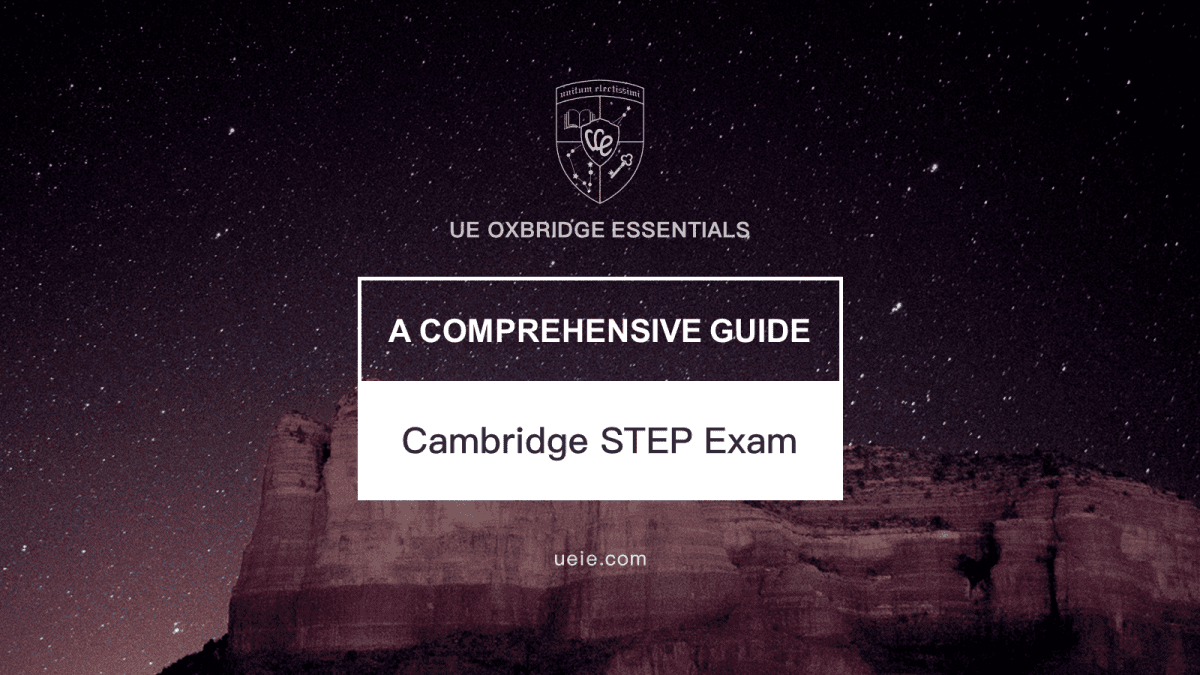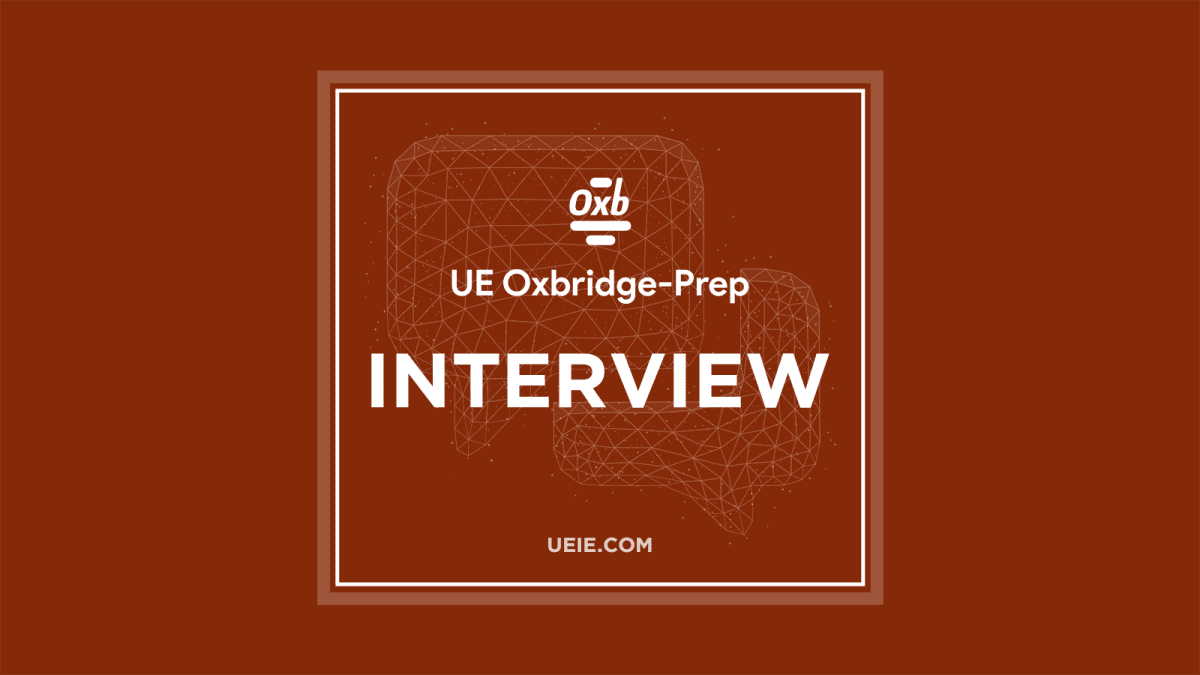This article is a complete guide for people who need clarification about studying undergraduate maths courses at the University of Oxford or the University of Cambridge. If you are more into numbers, puzzles, and figuring out things, then Oxbridge mathematics will be the perfect place to study. However, you need to figure out what works best for you.
Here, you will get to know all about getting admission to Oxbridge mathematics, the admission process to tricky admission tests, interview appearance and finally writing a personal statement.
I. Common Knowledge to Oxbridge Mathematics Admissions
1. Choose Either Oxford or Cambridge
You can apply to only one course of either Oxford or Cambridge in a same academic year, rather than applying to both the two universities.
2. Apply Through the UCAS
- You are required to submit your application through the UCAS (Universities and Colleges Admissions Service), which serves as the official admissions platform for universities and colleges in the UK.
- You are only allowed to list up to 5 course choices.
II. Timeline for Oxford and Cambridge
Timeline for Oxbridge mathematics courses for 2025 Entry
2024
June|September | Preparing for the ApplicationChoosing Your Course
Writing Your Personal Statement Preparing Your Academic Reference Choosing Your College |
September3 | UCAS Application Opens |
SeptemberT.B.D. | MAT Exam Registration DeadlineFor students applying to Oxford maths-related courses |
October15 | UCAS Application Submission DeadlineFor all applicants to Oxbridge mathematics |
OctoberT.B.D. | Oxford MAT Exam Day |
October22 | Deadline for Submitting My Cambridge Application and Transcripts
|
November|December | Receive interview invitations |
Decemberfirst three weeks | Oxford and Cambridge Interviews |
2025
January14 | Release of Oxford University Admission Offers |
JanuaryMid | Release of Cambridge University Admission Offers |
June | Cambridge STEP Mathematics ExamStudents who have been admitted to Cambridge Mathematics with STEP scores |
August31 | Deadline for Meeting Conditional Offer Requirements |
October | Official Commencement of the Academic Year |
III. How to Choose an Oxbridge Mathematics Course
There are four maths courses available at the University of Oxford:
| Courses | UCAS code |
| Mathematics | G100 |
| GG13 | |
| GV15 | |
| GG14 |
Cambridge University offers one maths course:
| Courses | UCAS code |
| Mathematics | G100 |
IV. What Are the Oxbridge Mathematics Admission Requirements?
1. General Admission Requirements
The general admission requirements for Oxbridge mathematics courses at Oxford and Cambridge are outlined in the table below:
Course | Oxford Mathematics | Cambridge Mathematics |
Language Proficiency: [1] |
|
|
A-Level | A*A*A (with A* in Mathematics and Further Mathematics) [2] | A*A*A [3] |
IB Scores: | 39 points (including core points) with 7、6、6 at HL (the 7 must be in Higher Level Mathematics) | 41-42 points, with 7、7、6 at Higher Level |
SAT/AP | Requirements vary and are based on conditional offers. | A minimum combined score of 1,500 with a Mathematics section score of at least 750/A minimum of five AP Test scores at Score 5. |
High School Exam (e.g., Gaokao): | Not accepted. | Ranked in the top 0.1% of college entrance examination candidates in their province. |
University Entrance Exam: | MAT | STEP[4,5] |
Interview | Yes | Yes |
1. The language proficiency requirement for Oxford’s Mathematics and Philosophy course is higher than that for the other three mathematics-related courses. For detailed information, please refer to the official Oxford website.
2. A* in A Level Further Mathematics if taken, and a in AS-level Further Mathematics if you are only taking AS-level Further Mathematics. Meanwhile, A*AA is required for the course of Mathematics and Computer Science.
3. In some conditions, if you have an A* in AS-Level mathematics, you may still need to get two A* grades in A2 Level Mathematics.
4. Cambridge University requires all students admitted to mathematics-related courses to participate in the STEP (Sixth Term Examination Paper) exam.
5. Some colleges may arrange specialized written tests during the interview process. Please refer to the interview invitation for specific arrangements.
2. Cambridge's Official Statement on Reference Criteria for Admission
In selecting mathematics undergraduates, we seek three qualities:
1. Mathematical knowledge and skills
Students should have suitable background knowledge in mathematics, on track to start our course. Students must also have good general skills in mathematics to be able to apply their knowledge in solving problems.
2. Mathematical ability and talent
Students should have the ability to think mathematically. This includes having the creativity to make connections between different mathematical ideas, and the flexibility to understand new concepts quickly and use them to solve challenging problems.
3. Motivation for studying mathematics
Students should have the commitment to study mathematics at university level, and be ready to work hard and persevere. Considerable interest in and enthusiasm for the subject are important, and can be expressed in many ways.We look for evidence of these qualities using many sources of information. These include existing and predicted grades, school reference, personal statement, and what we learn at time of interview. We do not simply grade and sum these sources separately. Instead we use all available information together, taking individual context into account, to form a picture of each applicant.
STEP is an important part of our conditional offer; it enables us to compare applicants directly, and addresses all three qualities above to some extent. All Colleges use STEP for mathematics, and a typical offer is grades 1 in both papers 2 and 3. However, only about two-thirds of our places are filled by those who achieved these grades. For the remaining one-third of our places, Colleges review the full applications (now including STEP marks and scripts) of those who missed their STEP grades.
Cambridge University evaluates admission applications on three main aspects:
1. Mathematical Knowledge and Skills: Candidates should possess a strong foundation in mathematics and problem-solving skills necessary to excel in university-level courses.
2. Mathematical Ability and Talent: It’s essential to demonstrate mathematical thinking abilities, including the creative linking of different mathematical concepts and the capacity to grasp new concepts and apply them to challenging problems quickly.
3. Motivation to Study Mathematics: Candidates should have a genuine and strong interest in mathematics and the internal drive to consistently pursue mathematical knowledge throughout their university studies.
Admissions officers will examine applicants’ qualities in the above three aspects by building a comprehensive profile of each applicant based on their predicted grades, academic references, personal statements, and interview performance.
STEP (Sixth Term Examination Paper) scores play a significant role in the admission criteria. Most colleges typically require STEP 2 and 3 scores to be in grade 1 or higher. However, around one-third of students admitted do not initially meet the STEP requirements but are reassessed after the college re-evaluates their application materials, including STEP scores and papers.
3. Key Data Provided by the Cambridge Department of Mathematics:
Typical Mathematics entrants
(A Level and IB)
For 2017, 2018 and 2019 entry, the majority of entrants from an A Level background achieved at least A*A*A* (85% of entrants). All of these successful applicants took Mathematics and Further Mathematics, 91% took Physics and 53% took Chemistry. For the same period, the majority of IB entrants achieved at least 44 points overall and/or grades 777 at Higher Level. The majority of entrants achieved grades of at least 1, 1 in STEP II and III.
This information is intended to give you a sense of the academic standard of our typical A Level entrants. We welcome applicants from a range of qualification backgrounds.
The conclusion of the above data is as follows: 85% of students studying A Level achieved A*A*A* or above, and all of them studied mathematics and further mathematics courses, 91% studied physics, and 53% studied chemistry. During the same period, most IB students scored a total score of 44 points (HL 777) or above. Most admitted students have at least grade 1 or above in STEP II and III.
Therefore, it is recommended and important to look at the statistics and information provided by the Univerisity of Cambridge rather than relying on general admission requirements.
Oxford and Cambridge maths courses have always been popular among Chinese students. Which one is easier to apply for? Let us analyze the admission statistics from previous years.
V. Application Process and Required Materials
The application process of applying to Oxbridge mathematics is not complicated. There are some important details you need to know and materials to prepare before applying.
1. Materials Required for UCAS Application
When applying to Oxford or Cambridge through UCAS, you must confirm or submit the following information:
- The specific course and its UCAS code at either Oxford or Cambridge.
- Choose a particular college or open application.
- Your personal information, including your email address.
- Your educational history and your academic achievements to date.
- Your personal statement.
- Your academic reference.
Before you proceed, make sure everything is accurate and complete because these are the important things for applying to Oxbridge mathematics.
2. Differences between the Application Processes for Oxford, Cambridge, and Other UK Universities
The application process of applying to Oxford and Cambridge through UCAS is similar to other universities in the UK, with the exception of certain courses and circumstances. However, there are a few important points to know:
- Early Application Deadline: The application deadline for Oxford and Cambridge is October 15th, earlier than most other universities.
- Selection of College or Open Application: Unlike many other universities, applicants to Oxford and Cambridge must choose a particular college or opt for an open application.
- Single Course Application: Unless under extremely rare circumstances, Oxford and Cambridge allow applicants to apply for only one course.
- Transcript Requirement: Cambridge University may request transcripts from some applicants covering their secondary school academic records.
3. Official Undergraduate Application Process for the University of Cambridge
4. Official Undergraduate Application Process for the University of Oxford
Part 1: What Oxford is Like
Part 2: How to Apply
Part 3: Preparing
5. Language Proficiency and High School Grades
Language proficiency does not need to meet the admissions requirements before the UCAS application deadline of October 15, 2024, but only the admissions requirements of the relevant courses before August 31, 2025.
Predicted high school grades need to be submitted before October 15th. This score is one of the critical factors for Oxbridge admissions reference.
6. Open Application (Choosing a College)
It can be difficult for you to choose a college from the pool of 30 colleges at both Oxford and Cambridge. If you are not that confident or do not care which college to apply to, you can choose an open application on UCAS.
- After the application deadline, students who choose an open application will be randomly assigned to a college via a computer program.
- The random allocation aims to balance the number of applicants across various colleges and courses.
- Once assigned to a college, the application process proceeds like other students.
- For students who meet all the application requirements, the likelihood of being admitted is the same whether they choose a specific college or opt for an open application.
Click the link below to view our blogs about Oxbridge colleges and how to choose a college in Oxbridge.
7. Personal Statements
As a part of the UCAS application process, every student is required to submit an application essay, also known as a personal statement (PS). The Oxbridge mathematics personal statement serves as a tool for universities to better understand students’ interests in the subject and course. It also allows students to better understand their academic interests and motivations.
Typically, the personal statement should encompass the following aspects:
- Explain the reasons for wanting to study the relevant course at the university.
- Demonstrate enthusiasm and dedication to the chosen course.
- Express specific interests within the relevant field of study.
- Articulate how one is committed to researching the subjects of interest.
Click on the link below for more guidance on composing a maths personal statement and official suggestions from Oxford, Cambridge, and UCAS.
8. Academic References
Academic references (academic references at Oxford and school/college references at Cambridge) provide universities with a better understanding of a student’s abilities and potential. Admissions officers use these references to assess whether a student’s academic capabilities are suited for the chosen course and if they can adapt to the university’s learning environment.
As a crucial component of the UCAS application, universities typically prefer academic references submitted by school teachers or individuals who can provide authoritative insights into a student’s academic background.
Please note that academic references must also be submitted before the application deadline on October 15th.
9. Transcripts
To find out if you need to submit the transcript when applying to the University of Cambridge, you should check the official Cambridge guidelines in the section “Completing My Cambridge Application“.
VI. What Preparation is Needed for Applying to Oxbridge Mathematics?
1. Preparing for the Oxford MAT
Preparing for the MAT exam is recommended to start 3-6 months in advance. The specific duration of preparation may vary depending on students’ individual circumstances, academic situations, and holiday schedules. However, starting early is always a good practice.
Please refer to the blog for comprehensive understanding and preparation suggestions for Oxford MAT exams.
2. Should You Prepare for the Cambridge STEP Exams in Advance?
It is mandatory for the students who receives offers for mathematics courses at Cambridge University to take STEP exams. They can be officially admitted to Cambridge only when their STEP grades meet the requirements. But this does not mean you must obtain qualified STEP grades before applying to enter the interview or get an offer. Most admitted students only obtain qualified STEP grades after receiving an offer. In addition, STEP grades are not required to apply for Oxford mathematics courses.
Therefore, students and parents often ask whether they should prepare for the Cambridge STEP exams in advance. The concerns mainly focus on three points:
1. STEP is challenging to learn, and they are afraid they will be unable to learn it and waste time.
2. If they learn it but not being admitted, it will be in vain.
3. STEP grades are not necessary if applying for Oxford mathematics courses.
Here are few points that Professor Xie Tao frequently shares in his seminars for students and parents:
1. Students who prepare for STEP in advance will have an easier time preparing for the MAT and get high scores more easily. In the months before the application deadline, students often have limited time for preparation, and the time saved can be used to improve the quality of application materials.
2. Students who have studied STEP for over six months may have an advantage during the interview stage. The interview questions at Oxford and Cambridge are significantly more challenging than those in the MAT exam, often approaching or surpassing the difficulty level of STEP questions.
3. Students taking the STEP exams start thinking more dynamically than those who have only studied regular A Level Mathematics or AP Calculus courses. The interviewer can easily detect those with unique thinking styles during the interview process. So appearing for STEP not only helps in exams but also gives them the urge to stand out in the crowd.
4. Preparing for the STEP exams is beneficial for students because it gives them a new way of learning. It may not be seen in the MAT test but is quite prominent during the interview. Students with a foundation in STEP tend to excel in interviews by better following the interviewer’s guidance and engaging in interactive discussions, thus earning higher interview scores.
5. Students who start preparing for STEP after receiving conditional offers in January have a relatively low success rate in achieving the required STEP grades. Cambridge’s mathematics courses offer around 500 places each year, but only about 250 students meet the requirements. Most of those who do not meet the requirements typically fall short due to their STEP grades.
6. Studying STEP also pays off because once you get to university, you’ll find that higher-level mathematics courses are not as challenging.
Please refer to the blog for comprehensive understanding and preparation suggestions for Cambridge STEP exams.
3. Interview Preparation
It is advisable to start a mock interview before receiving the invitation. Conduct at least six mock interviews covering various possible question types, scenarios, and topics, which will help improve your on-the-spot response speed and achieve the best interview results.
After the MAT written exam, you can check our blog about Oxbridge interview preparation.
4. Academic Research Projects
More and more students have been participating in university academic research projects in recent years. Experience engaging in academic research and excellent academic achievements can significantly enhance your Oxbridge mathematics personal statement and boost your competitiveness when applying to top-tier universities.
Online research project topics are continuously updated. For more details, please refer to
5. Extracurricular Reading
While preparing for exams and Oxbridge mathematics personal statement can take up a significant amount of time, it is still advisable for you to engage in extracurricular reading. Typically, you are encouraged to read two deeply and broadly read more than ten books related to your chosen field. Extracurricular reading can enrich the material for writing your personal statement, making it more appealing.
6. Oxford and Cambridge Summer Schools
Many summer schools have unique selling points, but not all are worth it, especially regarding teaching staff. It is recommended for students to attend summer school with reasonable fees because the purpose is to enhance and get a taste of learning methods at Oxbridge.
You can refer to our blog about the summer school of Brasenose College from Oxford.
7. Oxford and Cambridge Open Days
Both Oxford and Cambridge Universities have open days for students to learn about and visit their preferred universities and colleges in advance.
For Oxford University, 2024 undergraduate Open Days will be held on 26 and 27 June and 20 September. And for Cambridge University, currently published undergraduate Open Days will take place on Thursday 4 July and Friday 5 July 2024.
For more about the open days and other related events, please check the official websites of Oxford and Cambridge for detailed information.
Please refer to the following resources for more information on applying to maths courses at Oxford and Cambridge.
Attached: Recommended Readings for Oxbridge Mathematics Courses
According to Cambridge’s official list of recommended readings for maths courses, our UEIE teaching and research team did many searches and sorted out some readings that can be viewed or downloaded for free online, as shown in the table below.
1. History and General Studies
Publisher:Penguin
Year:1989
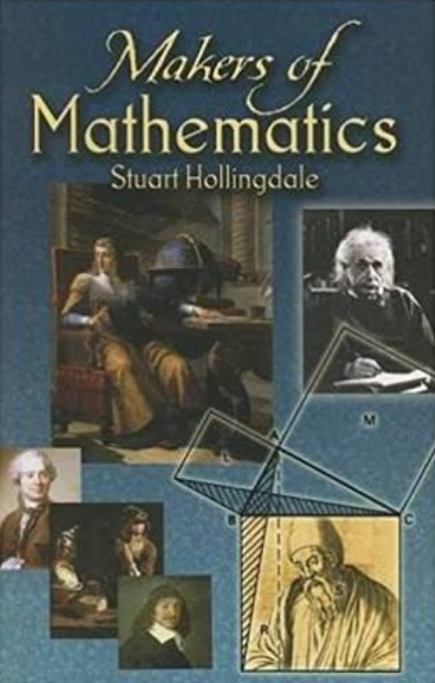
Publisher:Abacus
Year:1992
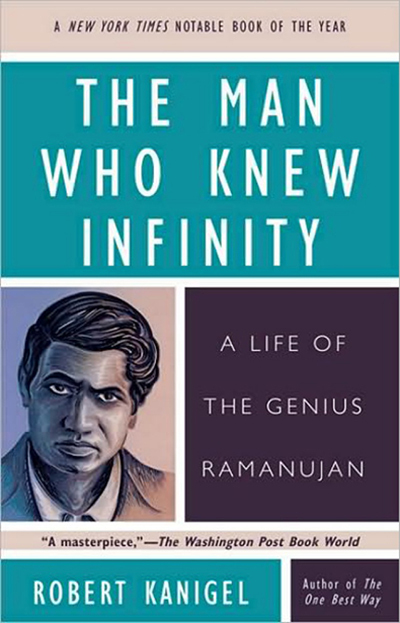
Publisher:CUP
Year:1992
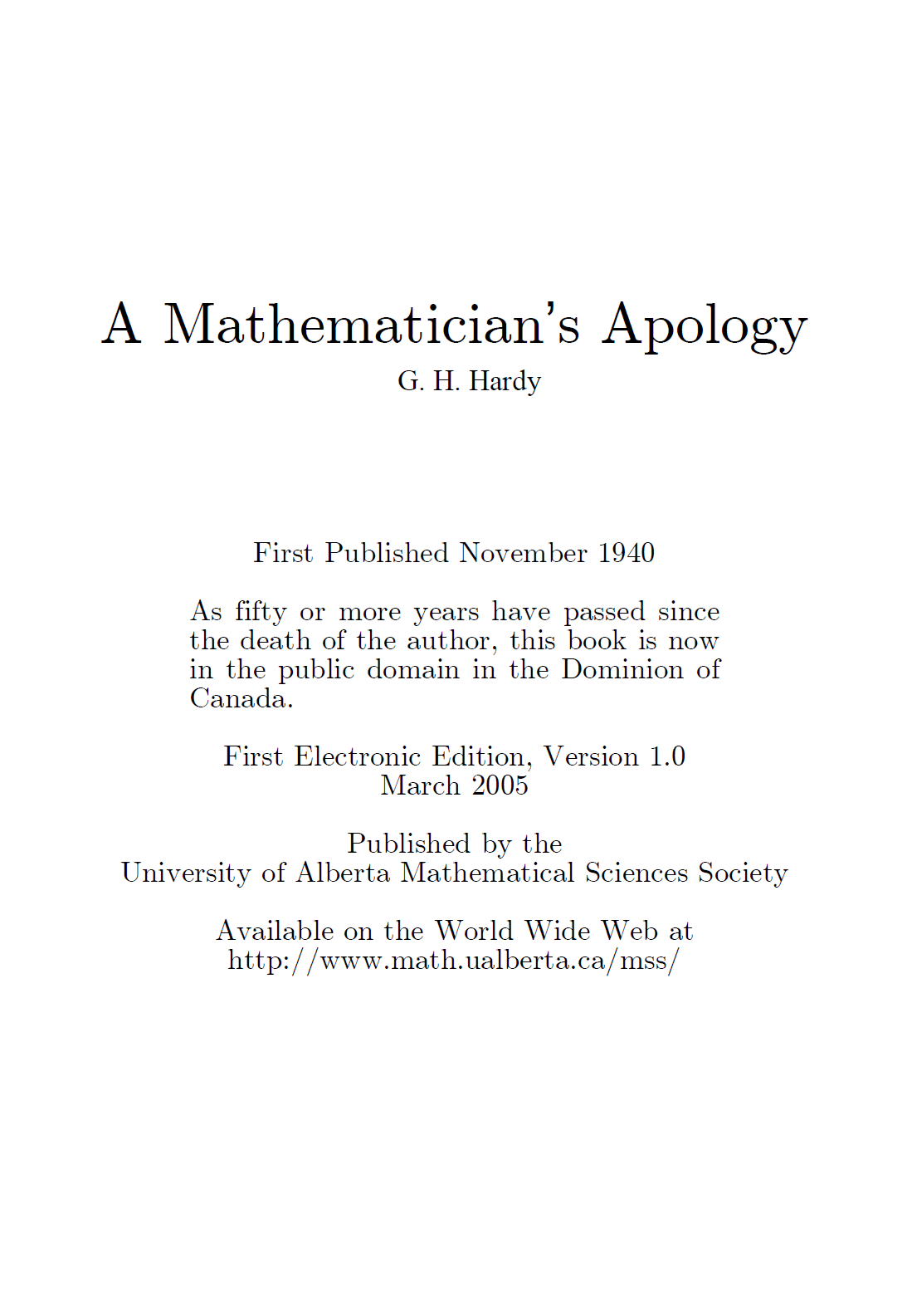
Publisher:Arrow Books
Year:1992
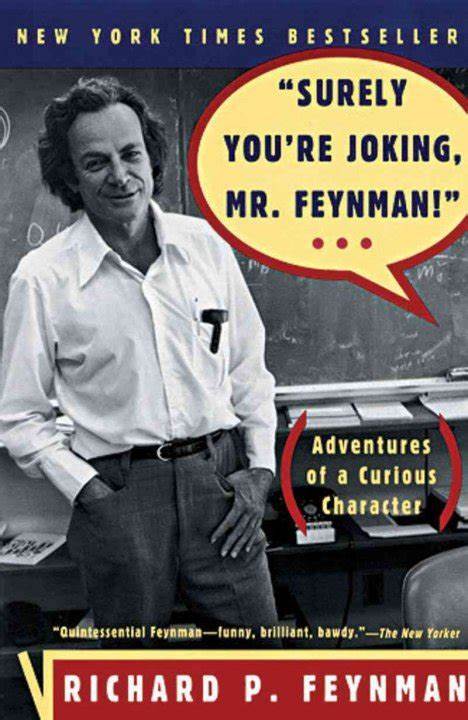
Publisher:CUP
Year:2009
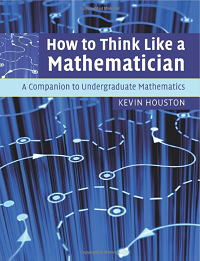
Publisher:CUP
Year:2002

Publisher:OUP
Year:2006
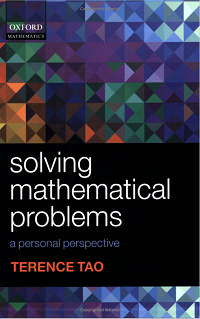
Publisher:OUP
Year:1996
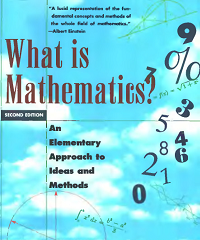
2. Leisure and Recreation
Publisher:Penguin
Year:1997
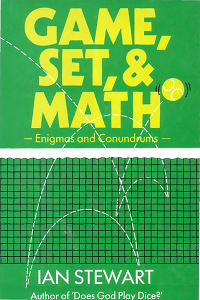
Publisher:Princeton
Year:1991

Publisher:Mathematical Association of America
Year:1997

3. Textbooks and Teaching Materials
Publisher:UIT
Year:2008
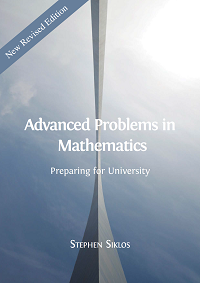
Publisher:Chapman& Hall/CRC Mathematics
Year:2016
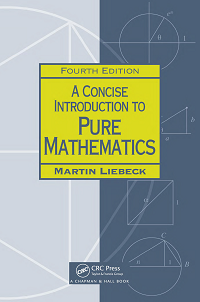
Follow Us on Wechat
